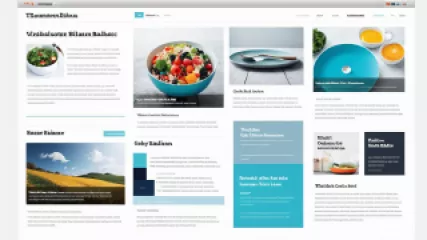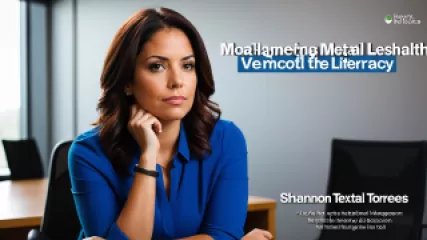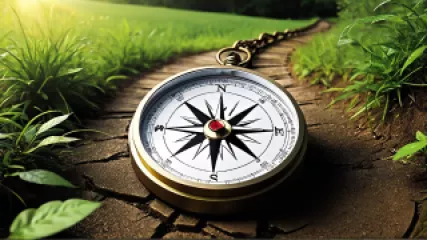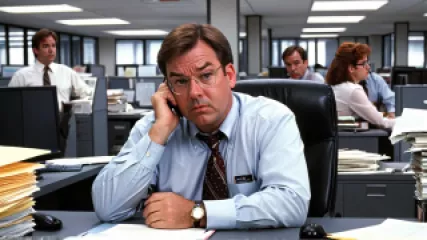Unlocking the Benefits of Gratitude Practice: A Research Summary
1 year ago
Gratitude Practice
How to Maximize the Benefits of Social Networking for Mental Health
1 year ago
Social Networking Impact
The Ultimate Guide to Navigating Adolescent Challenges
1 year ago
Adolescent Challenges
Understanding the Mental Health Challenges in Rural Areas
1 year ago
Mental Health in Rural Areas
Why Achieving Work-Life Balance is Essential for Well-Being
1 year ago
Work Life Balance
Lessons from 'Elf' to Overcome Holiday Stress
1 year ago
Holiday Stress
Unlocking the Secrets of Mental Health Literacy: An Interview with a Leading Expert
1 year ago
Mental Health Literacy
Enhancing Patient Engagement: An Interview with a Healthcare Leader
1 year ago
Cultivating Patient Relationships
10 Best Tips for Achieving a Healthy Work-Life Balance
1 year ago
Work Life Balance
Lessons from 'The Alchemist' to Boost Your Spiritual and Mental Well-Being
1 year ago
Spirituality and Mental Health
Enhancing Mind-Body Connection: A Holistic Approach to Spiritual and Mental Well-being
1 year ago
Spirituality and Mental Health
10 Powerful Ways to Boost Your Emotional Health
1 year ago
Emotional Health
Lessons from "Office Space" to Improve Your Work-Life Balance
1 year ago
Work Life Balance
How Can a Gratitude Practice Benefit Your Self-Care?
1 year ago
Gratitude Practice
Unlock the Power of Spiritual Practices for Mental Wellbeing
1 year ago
Spirituality and Mental Health















